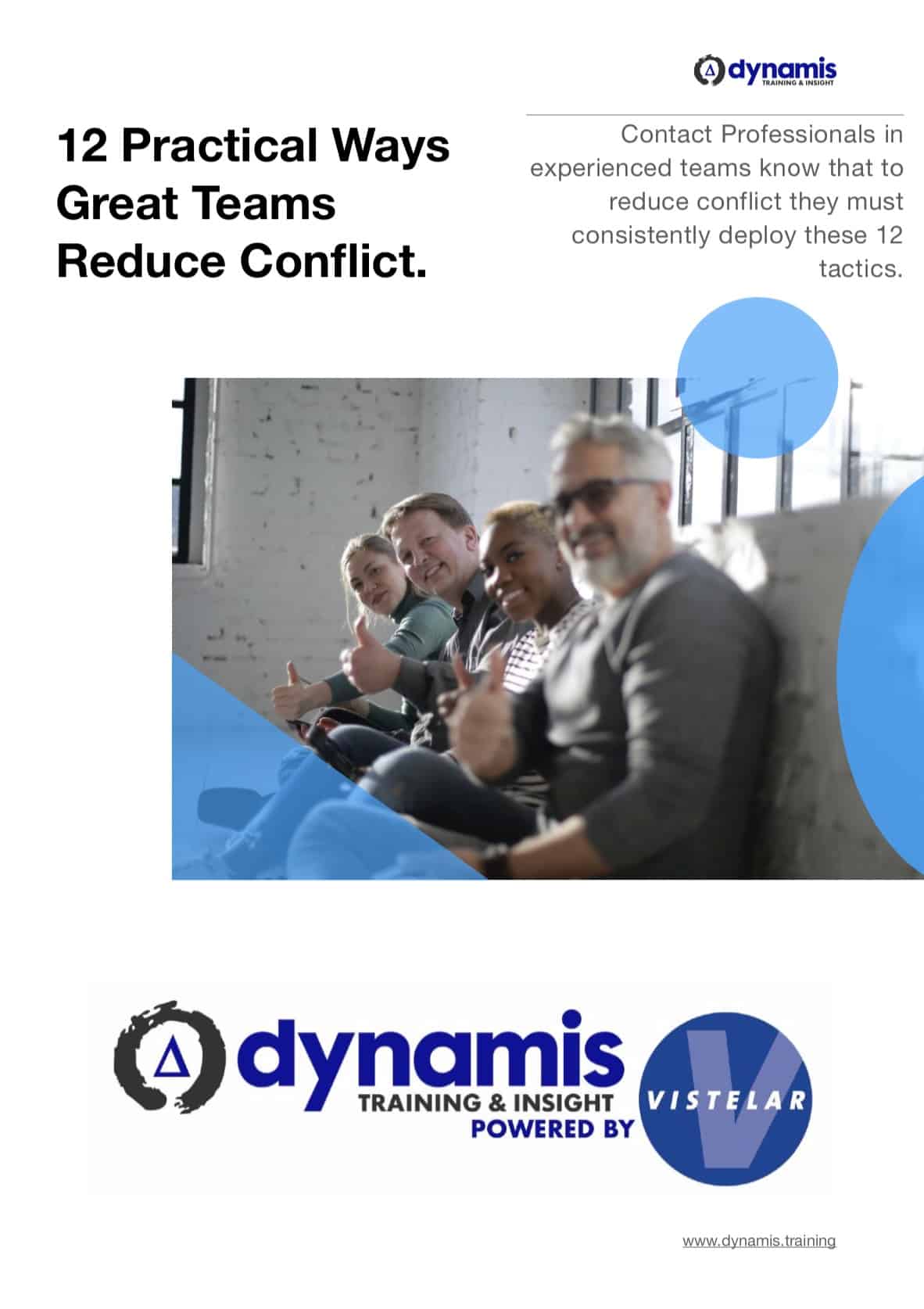Hospital Violence Reduction Personal Factors
In some environments, there is sometimes still a question about whether a security officer or a nurse who uses force in a situation could rely on the backing of his/her management, and/or the backing of the hospital, if they intervene with force in a situation and are then challenged legally.
The ‘intrinsic’ factors (emotional and psychological aspects of an individual’s response) which influence use of force decision-making are absolutely fundamental to the success of any intervention. One of the most basic ‘intrinsic’ factors that effects decision-making can be described as ‘an expectation of personal gain or personal loss’.
Tacitly, staff at the hospital have made decisions about whether the use of force to protect themselves or to protect their colleagues or the facility is personally acceptable. Does it carry too much risk to their own life or work?
Questions staff will have answered already:
Am I willing to lose my job to protect my colleague?
Am I willing to face prosecution or loss of income if I intervene in a situation?
Would it be better to not get involved?
If I have been trained in effective techniques, will I get in trouble for using them?
Will my management support me if the subject of the intervention is injured?
Theories of rapid decision-making have recognised the importance of ‘mental models’ in forming action-scripts. Where the ‘mental model’ does not support a ‘successful’ outcome (one which protects the decision-maker from catastrophic results such as loss of job, loss of income, loss of visa, for example) then the resulting action-script will reflect this underlying belief structure. The person’s action will reflect their mental model.
In my team’s experience, these intrinsic factors are AS IMPORTANT as the technical skills we will be imparting to your team. Without permission from their leadership, the staff may still not work well together or bring effectiveness and functionality to the management of aggression.
Put simply: expectations of non-support may understandably result in non-performance.
Gerard O’Dea is a conflict management, personal safety and physical interventions training consultant. He is the training director for Dynamis, a specialist provider of personal safety and violence management programmes and the European Adviser for ‘Verbal Defense and Influence’, a global programme which addresses the spectrum of human conflict. www.dynamis.training


